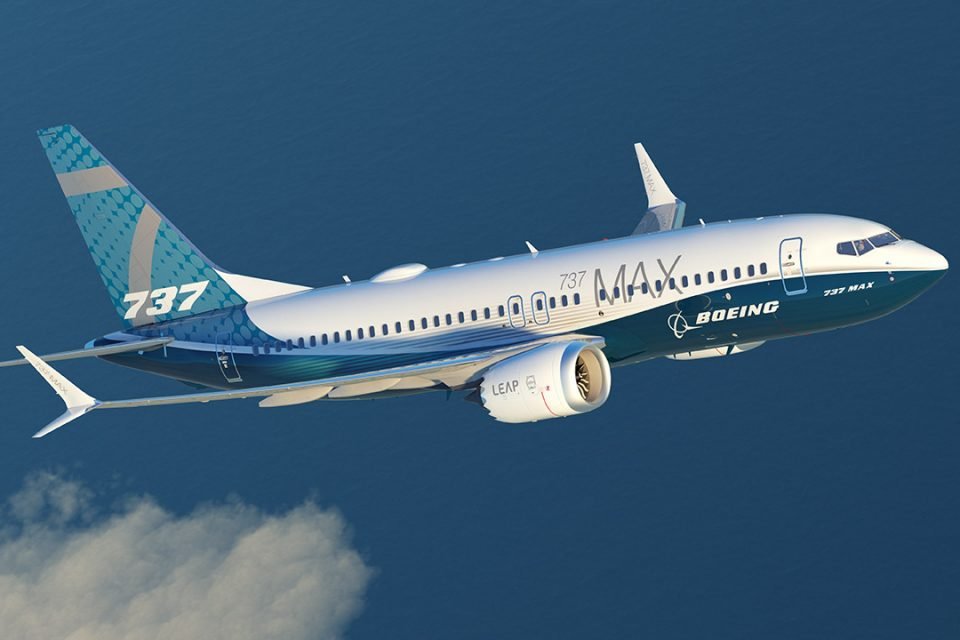New service increases flexibility for customers traveling between Los Angeles and San Diego
ORANGE, Calif. – Oct. 10, 2019 – The Amtrak® Pacific Surfliner® will soon offer an additional train in each direction between Los Angeles and San Diego, giving customers expanded options for travel along the southern California coast. Tickets can now be purchased for travel beginning October 14.
A schedule change, effective Monday, October 14, features the addition of a 13th Pacific Surfliner roundtrip between Los Angeles and San Diego. The new southbound Train 578 will depart Los Angeles at 1:15 p.m., arriving in San Diego at 4:12 p.m. Existing northbound Train 591 will be renumbered to Train 593. New Train 591 will depart San Diego at 5:25 p.m. and arrive in Los Angeles at 8:34 p.m.
“Each of the new trains will fill a nearly three-hour gap in our existing schedule, providing expanded possibilities for business and leisure travel between Los Angeles and San Diego,” said Al Murray, chairman of the Los Angeles–San Diego–San Luis Obispo Rail Corridor Agency, which oversees the Pacific Surfliner service. “We appreciate the support of the state of California, Amtrak, BNSF Railway, and our local member agencies in launching these additional trains, which mark the first expansion of Pacific Surfliner service in the past three years.”
The Pacific Surfliner travels along a 351-mile route through San Diego, Orange, Los Angeles, Ventura, Santa Barbara, and San Luis Obispo counties, with portions of the route hugging the Southern California coastline. As part of the new schedule, minor changes are also being made to arrival and departure times of other Pacific Surfliner trains to improve reliability and coordination with other trains.
“This service expansion represents the initial benefit of a decades-long, multi-hundred million dollar capital investment by the state of California to add a third track and grade separations between Los Angeles and Fullerton, which will greatly expand capacity and reduce delays for passenger and freight trains on this busy rail corridor,” said Chad Edison, chief deputy secretary for rail and transit at the California State Transportation Agency.
“We look forward to adding additional passenger rail service in the near future, taking full advantage of the new frequencies enabled by the completion of this project.”
With almost 3 million riders in 2018, the Pacific Surfliner is the busiest state-supported intercity passenger rail route in the United States and will now offer a total of 26 trains a day between Los Angeles and San Diego.
All Pacific Surfliner trains feature comfortable, reclining seats with power outlets, Wi-Fi, bike and luggage racks, a free and generous baggage policy, and an onboard Market Café that offers fresh food, snacks and beverages, including California wines, cocktails and local craft beer.
“As the second busiest rail corridor in the United States, the Pacific Surfliner has generated significant demand for customers,” said Amtrak President and CEO Richard Anderson. “The LOSSAN Rail Corridor Agency alongside the state of California had a vision to expand transportation and we are thrilled to see that investment realized. With service that connects major cities along the Southern California Coast – this increased service offers a significant benefit to customers.”
Ticketing and reservations are available on PacificSurfliner.com, Amtrak.com, Amtrak mobile apps, or by calling 800-USA-RAIL. Boarding documents can be self-printed, or customers using a smartphone or mobile device can present the eTicket to the conductor by opening a document in their email.







